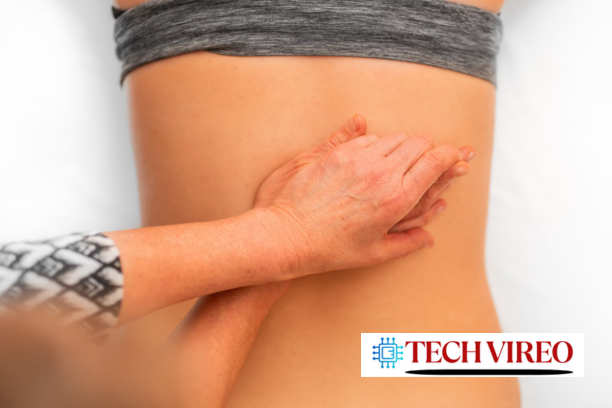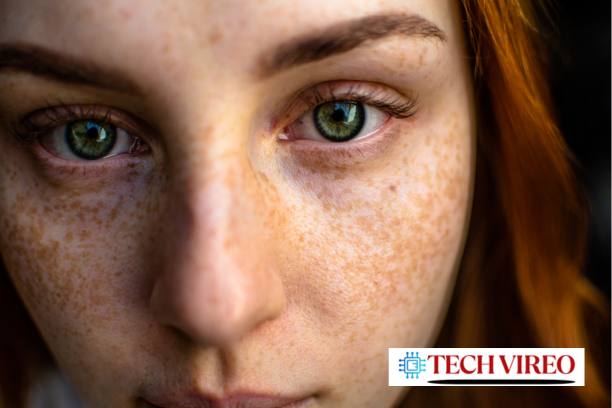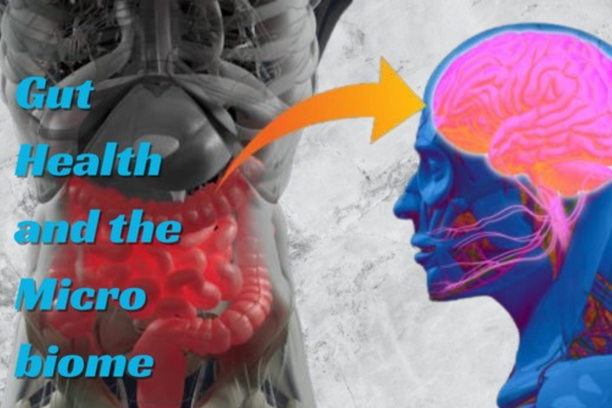Is Your Skin Reflecting Your Gut Health?
If you’ve been struggling with persistent acne, rosacea, or eczema despite trying every topical treatment, your body might be sending signals from within. In 2025, more dermatologists across the USA, UK, and Canada are teaming up with wellness experts to address skin issues from a deeper perspective.
Emerging science now confirms the gut-skin axis a complex, two-way connection between your gut microbiome and skin health. In fact, inflammation, immune response, and detoxification all begin in the gut. This means that what’s going on in your intestines can easily show up on your face.
1. Understanding the Gut-Skin Axis: The New Health Frontier
The gut-skin connection refers to how bacteria and inflammation in your gut can influence your skin’s appearance and health. When your gut flora balance is off, it sends out systemic inflammation that shows up as acne, rashes, dryness, or flare-ups.
Benefits of a balanced gut microbiome your intestinal microbiota interacts with your immune system and even influences short-chain fatty acids that maintain skin hydration and elasticity.
2. Skin Conditions Most Linked to Poor Gut Health
Here are the most common skin conditions directly tied to poor gut health:
- Acne: Often caused by leaky gut, poor liver detox, and dysbiosis (bacterial imbalance).
- Rosacea: Frequently triggered by gut-driven inflammation and food sensitivities.
- Eczema & Psoriasis: Autoimmune-related, often due to microbiota imbalances.
- Skin Aging: New 2025 studies link microbiome diversity to youthful skin.
3. Root Causes: How Gut Imbalance Shows Up on Your Skin
A damaged gut lining can leak toxins into the bloodstream a phenomenon known as leaky gut. These toxins then trigger immune responses that can worsen acne or rosacea. Stress also plays a huge role by disrupting gut-brain signaling, which affects hormonal balance and digestive health.
Natural remedies for gut inflammation, daily habits to boost gut bacteria naturally

4. What Foods Destroy Gut Health (and Worsen Skin)?
Avoid These Gut-Damaging Foods:
- Ultra-processed foods with additives and preservatives
- Added sugars and artificial sweeteners like sucralose
- Alcohol and common allergens: gluten, dairy
Many report acne flare-ups after consuming these, especially following antibiotics or indulging in processed meals.
5. Healing from the Inside: Gut-Friendly Foods That Improve Skin
The right foods can support your microbiome and make your skin glow.
Eat More Of:
- Fermented foods: kefir, sauerkraut, kimchi
- Prebiotic-rich foods: garlic, onions, leeks, oats, bananas
- Nutrients for skin: omega-3s (from flaxseed, salmon), zinc, and collagen boosters
6. Supplements That Support Both Gut and Skin
For those needing an extra push:
- Top gut-healing supplements: L-glutamine, zinc carnosine, licorice root extract
- Best probiotic strains for skin: L. rhamnosus, B. breve, L. plantarum
- Trusted 2025 brands in the USA, UK, and Canada
7. Signs You Need a Gut Reset for Better Skin
If you’re experiencing:
- Ongoing acne or rosacea even with skincare
- Bloating, irregular bowel movements, or fatigue
- Skin that looks dull or prematurely aged
It’s time to explore a microbiome test and a gut reset so read this article…..
The Rise of At-Home Microbiome Testing in 2025
8. Expert-Recommended Gut Protocols for Radiant Skin (2025 Edition)
Top US and UK functional medicine doctors now recommend:
- A 4-week reset with anti-inflammatory, low-sugar diet
- Targeted supplements and probiotic regimens
- Lifestyle changes: better sleep, hydration, stress management
Conclusion
Your skin is more than surface deep it’s a mirror of your gut. With the right foods, supplements, and lifestyle shifts, you can begin healing from the inside out. Say goodbye to chronic flare-ups and hello to radiant skin.
FAQs
Can gut health really affect your skin?
Yes, poor gut health can lead to systemic inflammation, leaky gut, and immune dysfunction all of which, in turn, may cause skin conditions like acne, rosacea, eczema, and even premature aging. Moreover, this gut-skin axis is supported by recent 2025 research in dermatology and microbiome science.
What are the signs that your gut health is causing acne or eczema?
Common signs include persistent breakouts despite using skincare products, digestive issues (bloating, constipation), fatigue, food sensitivities, and skin inflammation that worsens after certain foods or stress.
Which foods are bad for gut and skin health?
Ultra-processed foods, added sugars, artificial sweeteners, alcohol, and allergens like gluten and dairy can disrupt your gut microbiome, leading to inflammation that appears on your skin.
What are the best foods to improve gut and skin health naturally?
Fermented foods like kefir and sauerkraut, prebiotics such as garlic and bananas, omega-3s, zinc, and collagen-rich foods all support a healthy gut and glowing skin.
What supplements help both gut and skin in 2025?
Top supplements include L-glutamine, zinc carnosine, and licorice root extract. In addition, the best probiotic strains for skin are Lactobacillus rhamnosus, Bifidobacterium breve, and L. plantarum. Finally, always choose trusted 2025 brands approved in the USA, UK, or Canada.




